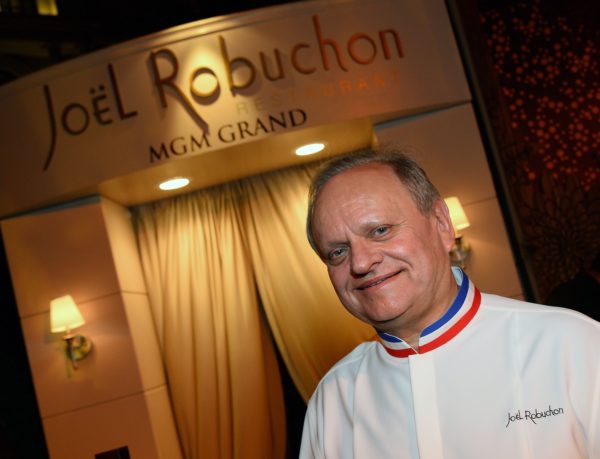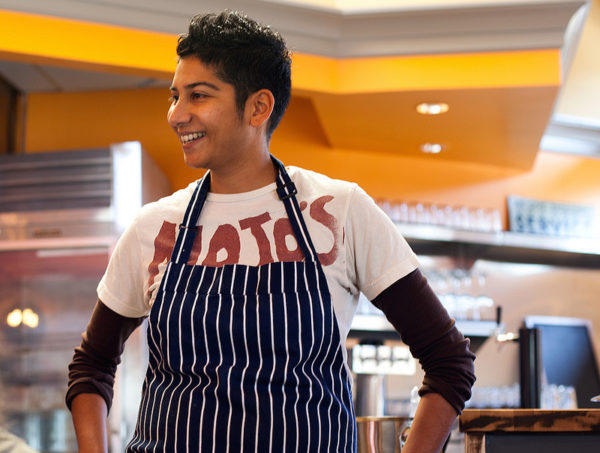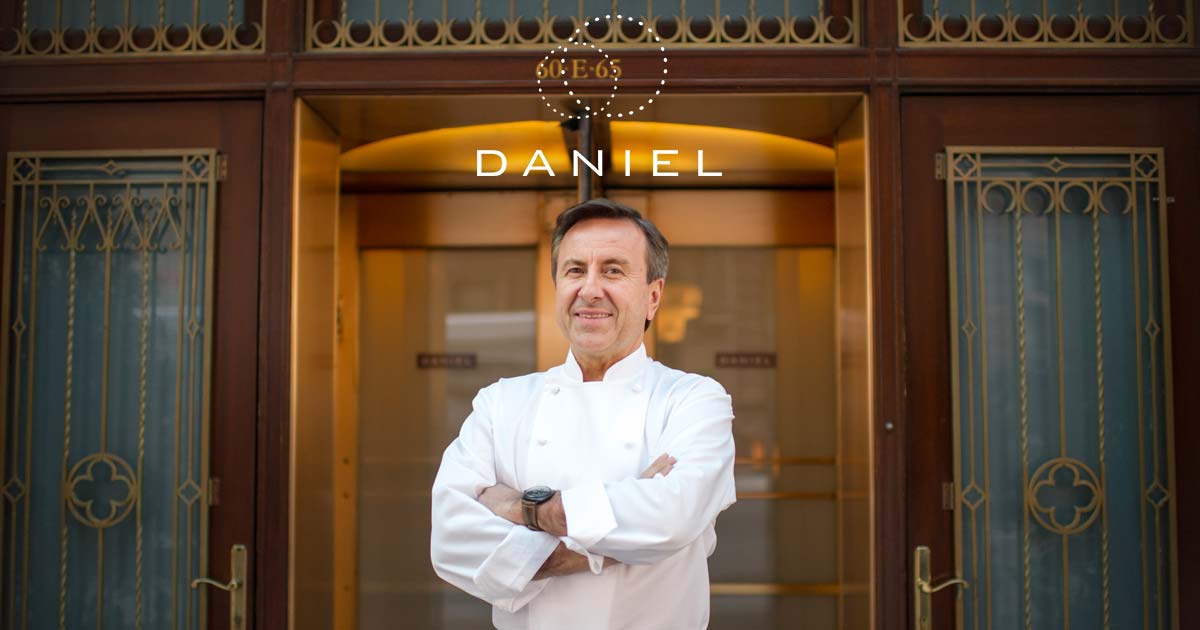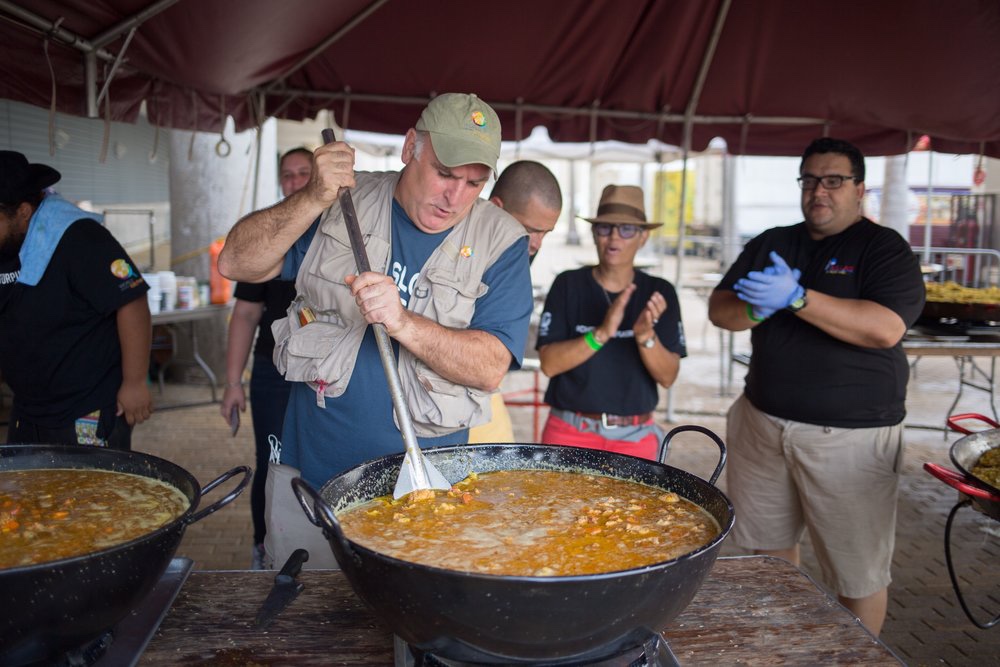I was scrolling social media recently when I came across a post about a new restaurant I’d never heard of in San Francisco called Eight Tables by George Chen. I almost laughed out loud because the restaurant’s name sounded more like a cologne or a line of home furnishings than a place to have dinner. The food looked amazing, but I couldn’t get past the absurdity of the name, and the statement it makes, whether intentionally or not, about George Chen, the restaurant’s prefect of tables and, I presume, its chef.
The arc of progress is slow, and it would seem that society hasn’t quite fully moved on from branding chefs in the way we so often do musicians, athletes, artists, and fashion icons. Restaurants have become powerful engines for profit. Look no further than the major acquisitions of several restaurant reservation services, like Resy by American Express and Tock by Squarespace. JP Morgan, the investment bank, raised eyebrows recently when it bought Infatuation—the once upstart food blog that also includes the pioneering restaurant guide, Zagat—for an undisclosed sum. These large corporations recognize that partnerships with high-profile chefs can be a conduit for providing unique culinary experiences to status-hungry, affluent clientele. They also understand that the bulk of the profits they reap from these acquisitions will be made outside the restaurants not in them.
Cooking shows turned a chef’s name and image into promotional tools. Reality TV then took it a step further by transforming the kitchen into a gladiator arena—Iron Chef, Top Chef, Master Chef, Chopped. The spectacle of charismatic chefs jousting could be leveraged to unlock unlimited commercial opportunities—jarred tomato sauces, ready-to-eat frozen meals, spice rubs, bronze-clad cookware, donkey sauce.
Where chefs once insisted on end-to-end control over new projects, licensing agreements became more common. Chefs began to monetize their names by associating themselves with satellite restaurants overseas or shilling for third-party products. High-end hotels have become sugar daddies, generously fronting money to help young chefs widen their footprints without the added financial burden. But, in exchange, these chefs often forfeit integrity to become marketing dummies that hotels use to fill their rooms. Most hotels are only paying for the chef’s name, they could care less about the food.

The late chef Joël Robuchon in front of his eponymous restaurant at the MGM Grand.
Restaurants named for famous chefs feel increasingly anachronistic: Jean-Georges, Daniel, Robuchon, Ducasse. It isn’t only a habit of Michelin-starred French chefs. There’s Nobu, Masa, Narisawa, Gaggan, Martin Berasategui, Tim Raue, Günter Seeger. It’s mostly dudes, but female chefs are guilty of it, too: Restaurant Hélène Darroze, Core by Clare Smyth, Raan Jay Fai, Maison Pic.
If we peel away the layers of the restaurant industry’s systemic problems, the egoism of chefs is still one of the most corrosive forces. The decision by chefs to name restaurants after themselves sends a subconscious message to the rest of the team that their work is about boosting the chef’s profile and not the restaurant’s.
Naming a restaurant is a personal decision, but naming it after yourself is a selfish one, according to Top Chef alum Lee Anne Wong, the owner of Koko Head Cafe in Oahu and the culinary director of Papa’aina in Maui. She names her properties carefully to reflect their purpose in the places they serve.
“Restaurants should be about food and the culture,” Chef Wong says, “not about one person who built their wealth on the backs of everyone else.” Koko Head is the name of crater on the East Side of Oahu popular with climbers, and Papa’aina translates to “eating table” in local Hawaiian language.
Chef Eric Rivera in Seattle calls his restaurant Addo, which means “inspire” in Latin. “I wanted it to stand on its own whether it was me at the helm or not,” Rivera tells me. “Evolving over a period of time and starting with humble beginnings, Addo is still growing and changing all the time. This is something that I wanted it to be known for, not me.”
Rivera has been consistently outspoken on social media about chefs who use their platform to promote themselves instead of recognizing the contributions of their teams. “The restaurant is a product of the employees, guests, and things going on outside of it,” Rivera adds. He seems to take his responsibility as a shepherd more seriously than he does his role as a chef. “I’m just there to make sure it can all go forward.”
Chef Preeti Mistry, a cookbook author and former chef/owner of Juhu Beach Club in Oakland, is torn about the issue of chefs naming restaurants after themselves. “My experience with a lot of women chefs that name their places after themselves is that they regret it,” Mistry notes. “They become THE [restaurant name] and it feels a bit overwhelming if they’re not the types that love the limelight.”

It bothers Mistry more when male chefs name their restaurants after women and use the name to advance their own careers. “Male chefs give their places feminine names to make them seem more ‘attractive and inviting,’” Mistry said. “You go to a restaurant with a woman’s name, and it turns out the restaurant is run by all men. And their reasoning is: ‘Oh, it’s my grandma’s name.’”
“Back in the early ‘00s, I remember a cook in London who told me he was going to name his little meat pie shop: Molly’s Pies,” she recalled, “I asked him why Molly? He said because nobody wants to buy Jimbo’s Pies.”
Mistry’s new podcast “Loading Dock Talks” frequently tackles themes related to the exploitation of women and BIPOC chefs in the restaurant industry. “I think it’s very disingenuous—using their male privilege to get ahead and then using a woman’s name to make their business seem more appealing with no real effort to uplift women beyond “mascot” or objectification.”
I vividly remember attending a staff meeting years ago where the well-known chef/owner told everyone ‘It’s my name on the sign outside, so everything that we serve here ultimately reflects on me and my family name.’ At first, I admired his sense of pride and accountability. But upon reflection, I realized he was wrong to center himself in a conversation about collective excellence. A staff’s primary concern should never be about edifying one chef’s reputation.
This chef-centric dogma may be unsustainable as the restaurant industry evolves to be more inclusive and more accountable. The pandemic has taught many chefs hard lessons about retention as they struggle to recruit staff and repair frayed relationships with furloughed employees. For chefs today, having a devoted team is more important than ever. Earning that devotion has become increasingly more difficult, and raising wages by a dollar or two likely isn’t enough to move the needle. In a post-pandemic world, restaurant professionals want appreciation, and the old ways of sacrificing their well-being for a paycheck are over. As the industry rebuilds, the message to chefs with big egos is clear: It’s not about you anymore. Name your restaurants accordingly.



